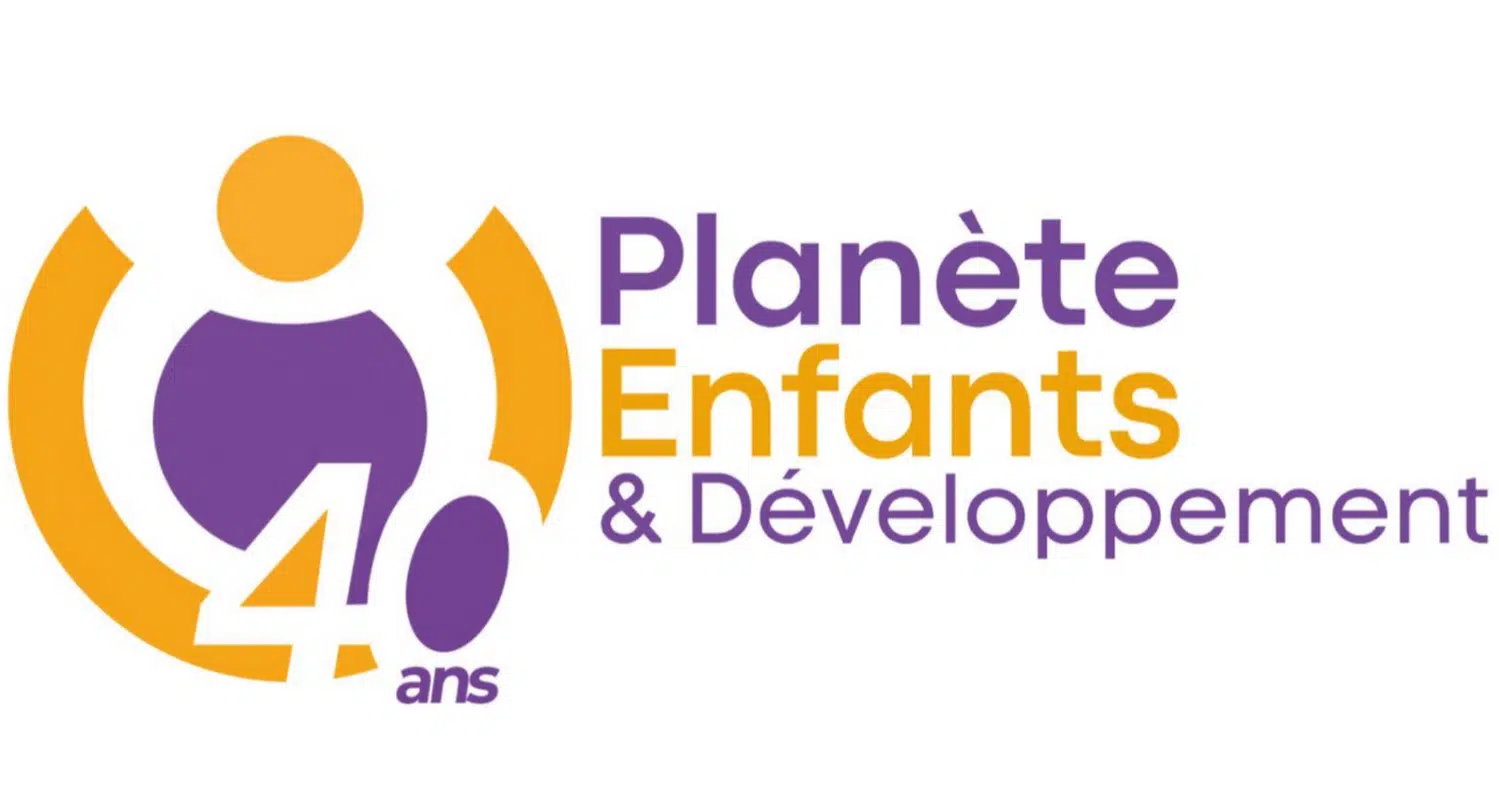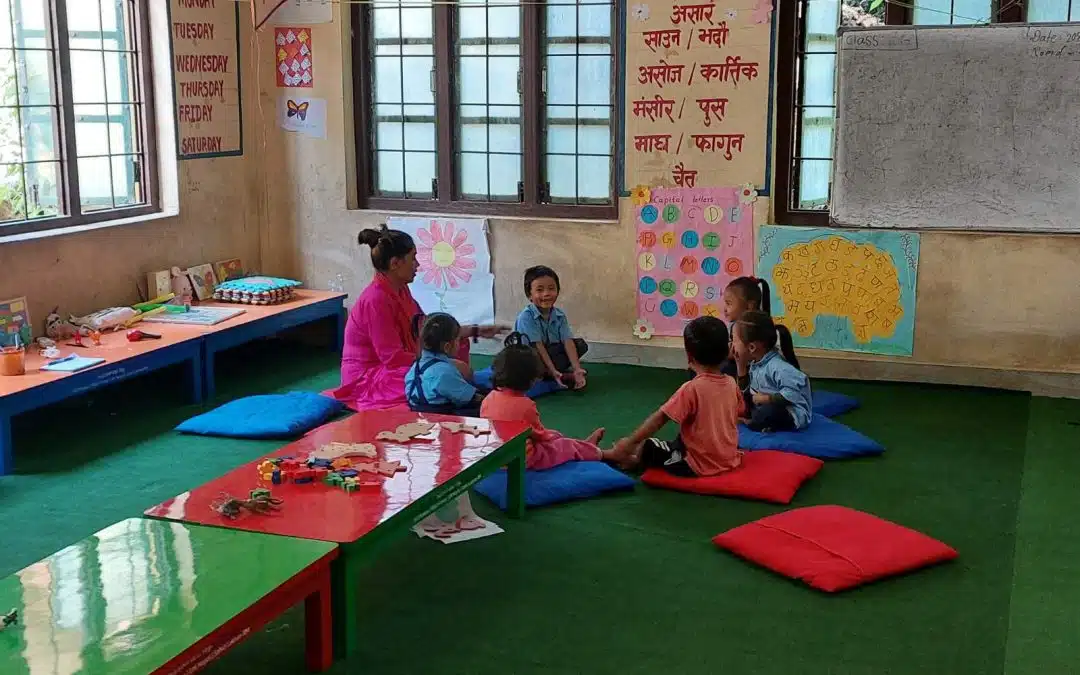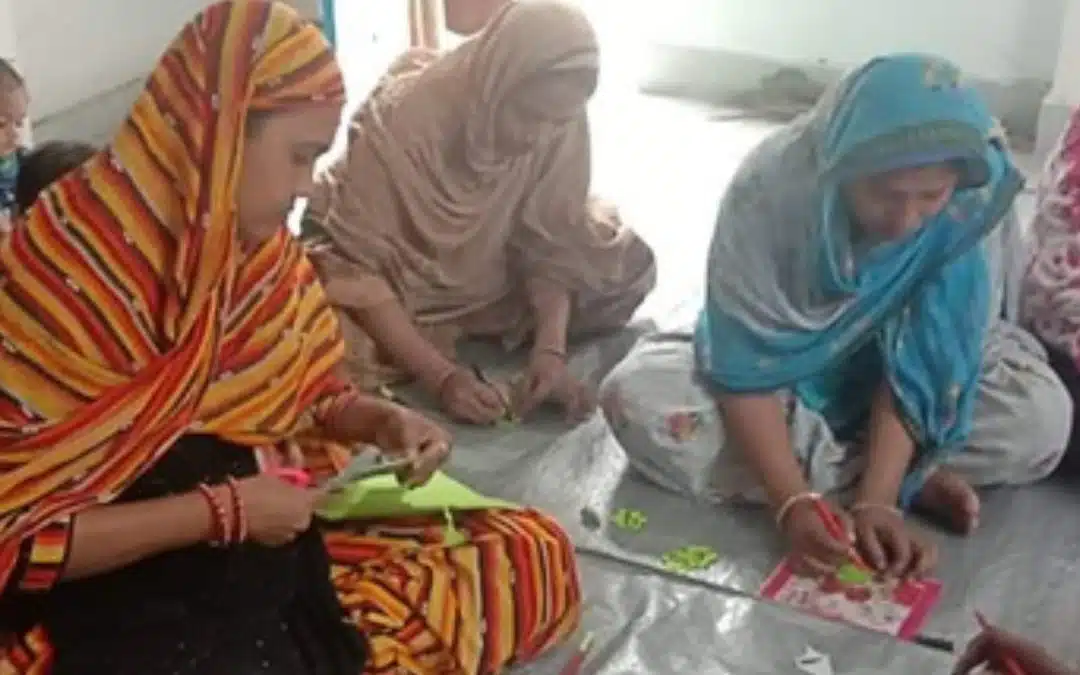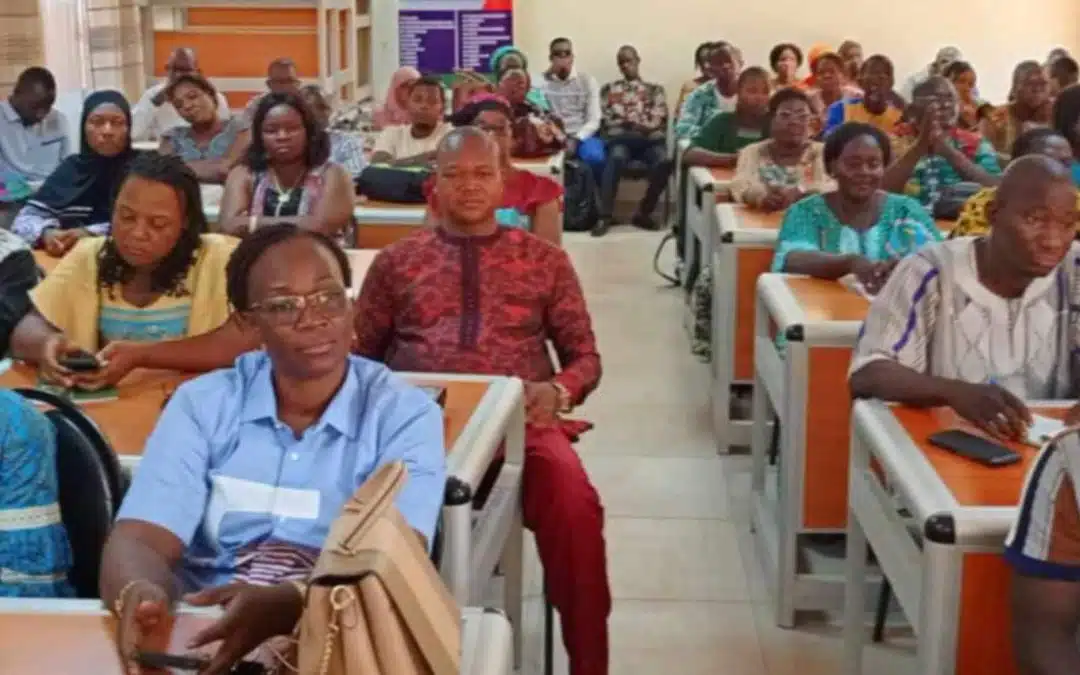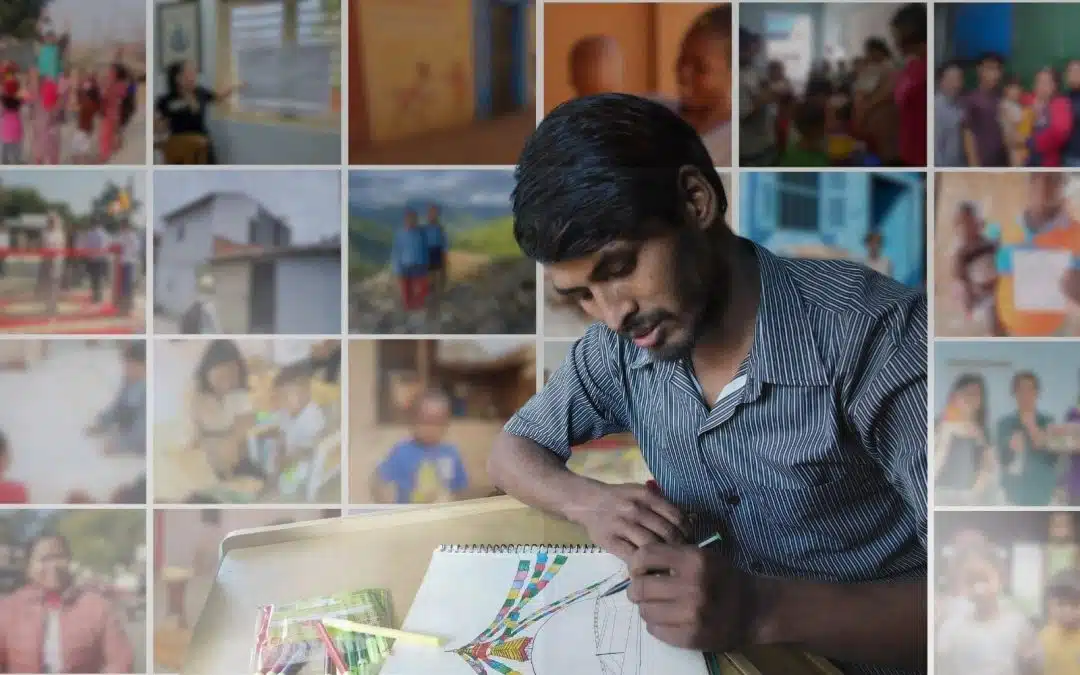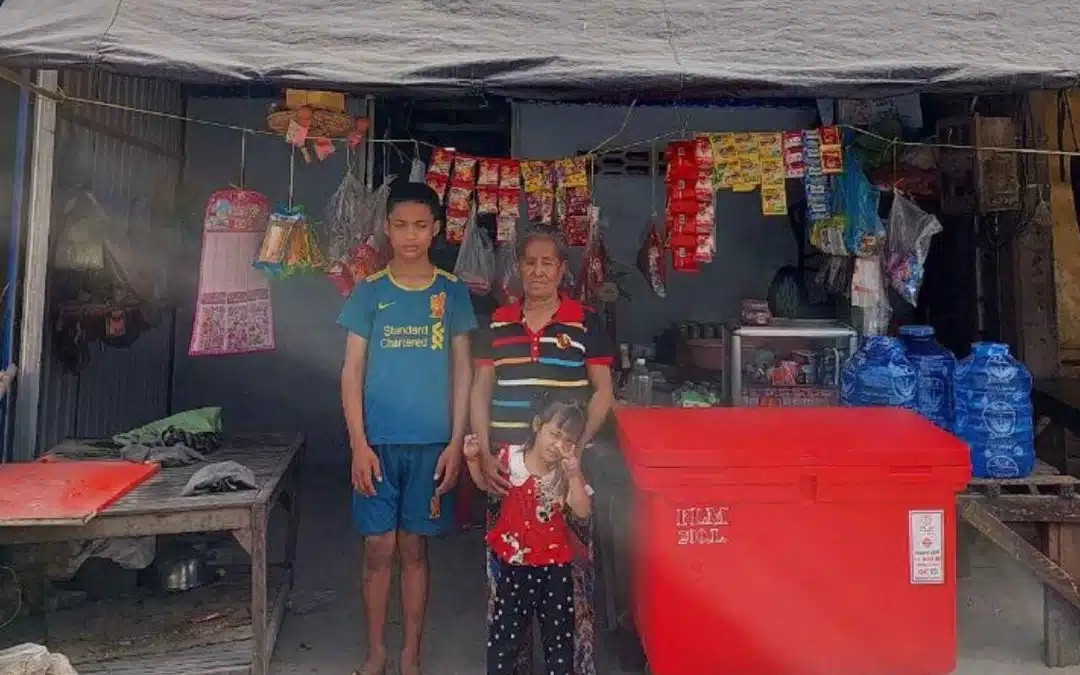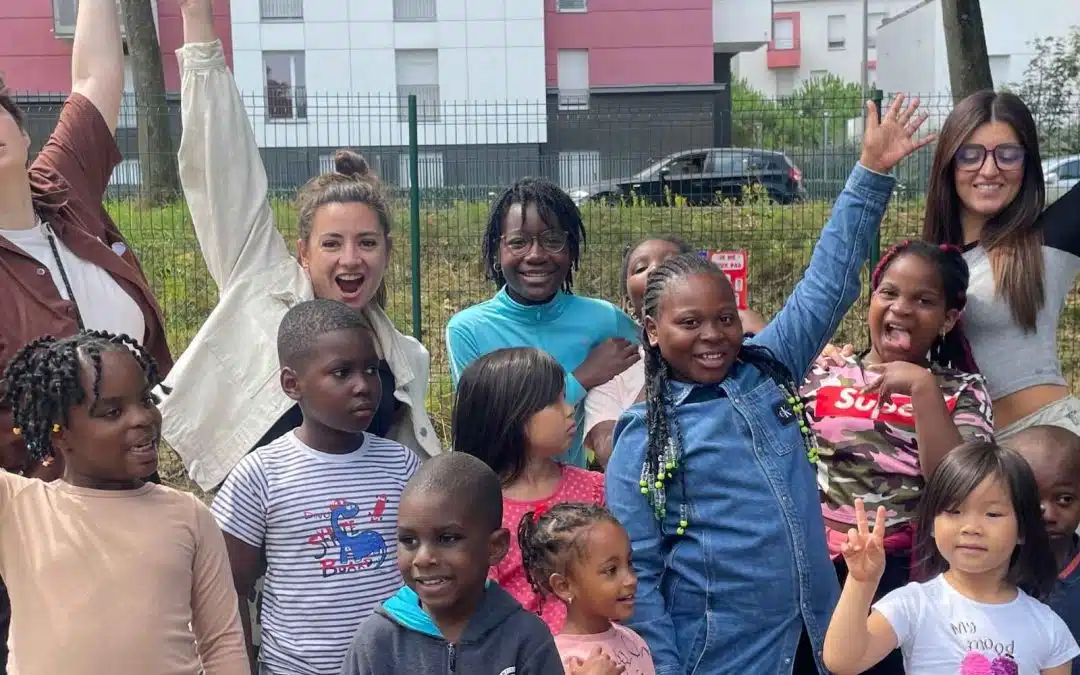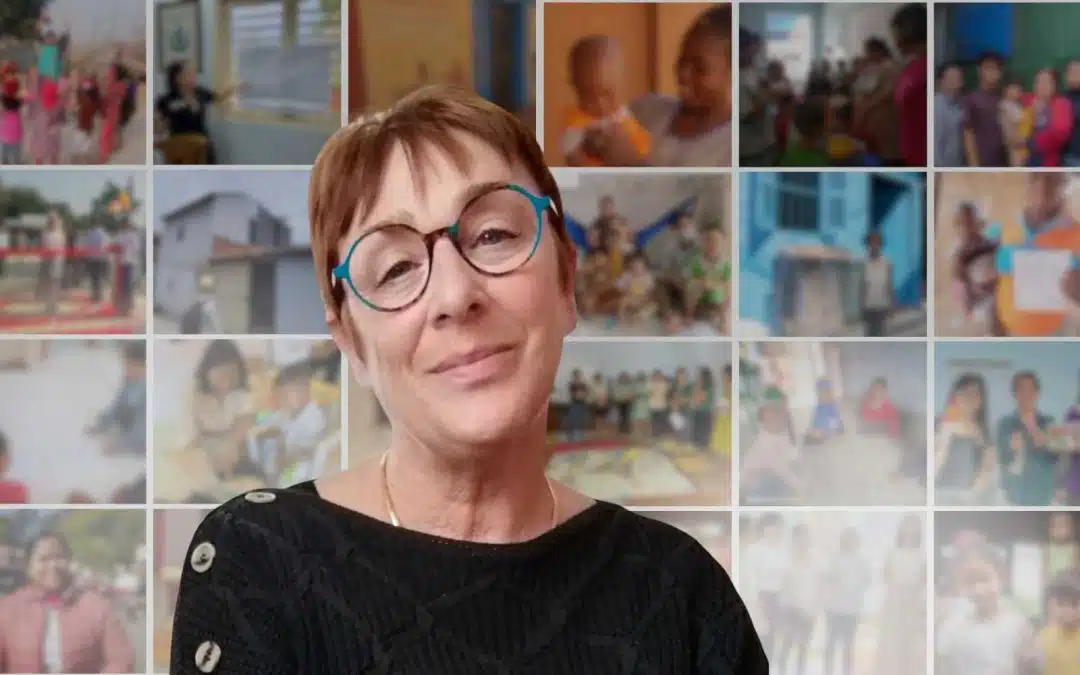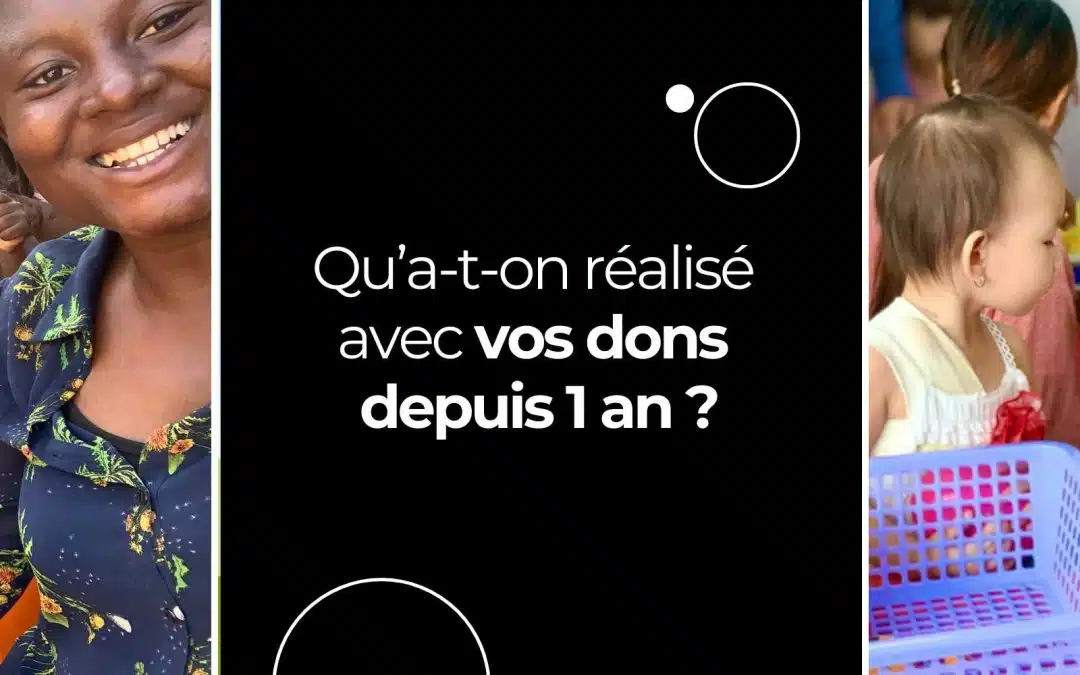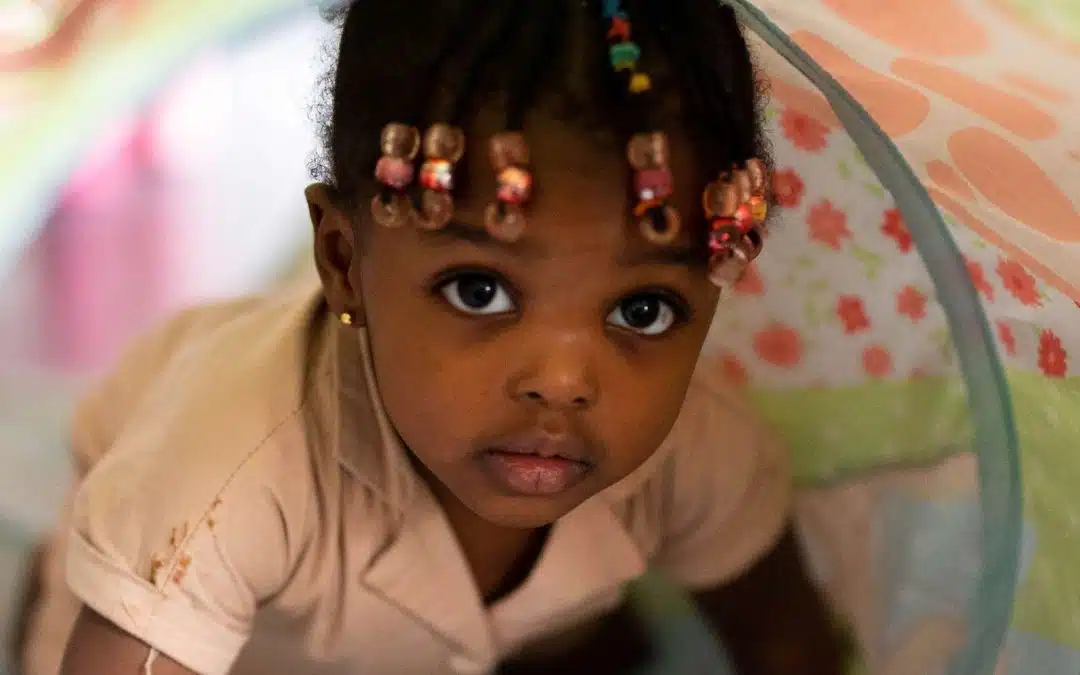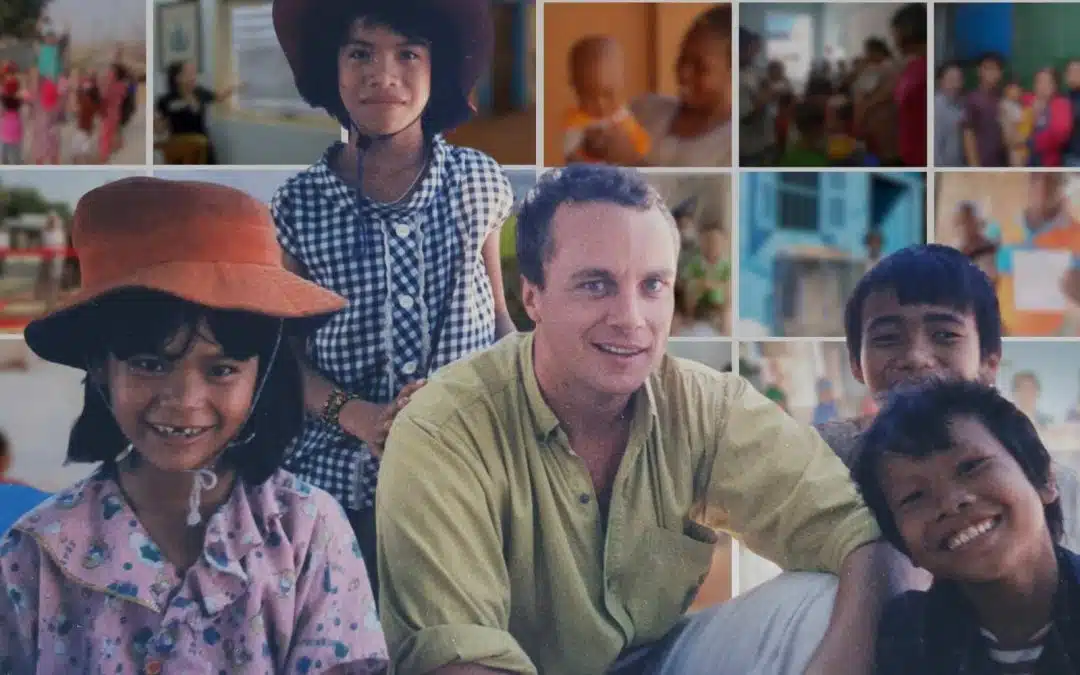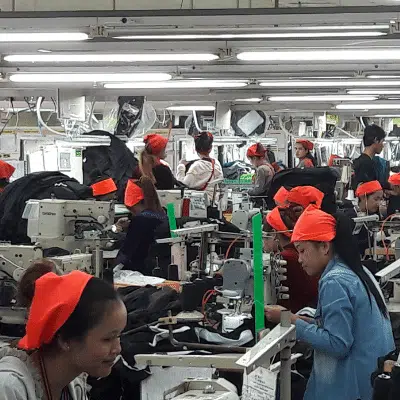
Chhai Leng lives in a village in Kampong Speu province in Cambodia. She is 62 years old. She gets up every day at 4 a.m. to take care of her 5 grandchildren: "If I don't help my children, who else will help them?"
Like many women in Cambodia, her daughters have to leave their children behind in the countryside with their often overburdened grandparents, 6 days a week, to go to the factory where they work. The textile industry employs nearly 800,000 people in Cambodia; and more than 80 percent of its employees are women.
Cambodian law requires companies employing more than 100 women to provide childcare on or near their premises. In reality, the law is very little respected.
To enable its women to continue their work and contribute to the family income, to provide their children with adapted care and learning, to "free" the grandparents, Planète Enfants & Développement launches a large project over 4 years. We will develop 22 community crèches in the villages in the provinces of Kampong Speu, Kandal and Phnom Penh. These crèches, which will each accommodate 25 children from 3 to 36 monthswill benefit more than 3000 families who work in garment factories.
"We want to promote a new model of crèche that involves the employers of the factories in the financing, that involves the parents but also the local councils. We have identified 5 potential first locations: we are currently discussing with the municipalities that provide the land and with companies. At the same time, we are working on the plans for the crèches and are preparing to launch a call for tenders with Cambodian builders. The Covid-19 has slightly delayed the project because it was difficult to meet with the local authorities. If the situation does not degenerate again, we hope to be able to open the first crèches in February 2021," explains Nathalie Dupont, PE&D's Cambodia Director.
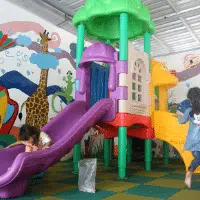
A launching seminar will be held in the week of October 19, as is customary in Cambodia, with the governors of the three provinces, the commune councils, textile factories, major brands, but also the Cambodian ministries involved in the project. The few private day care centers are still too expensive, it is important to find an alternative model that the State supports.
To carry out this project, we received a $2.7 million grant from the World Bank, with funding from the Japan Social Development Fund.
October 1, 2020
